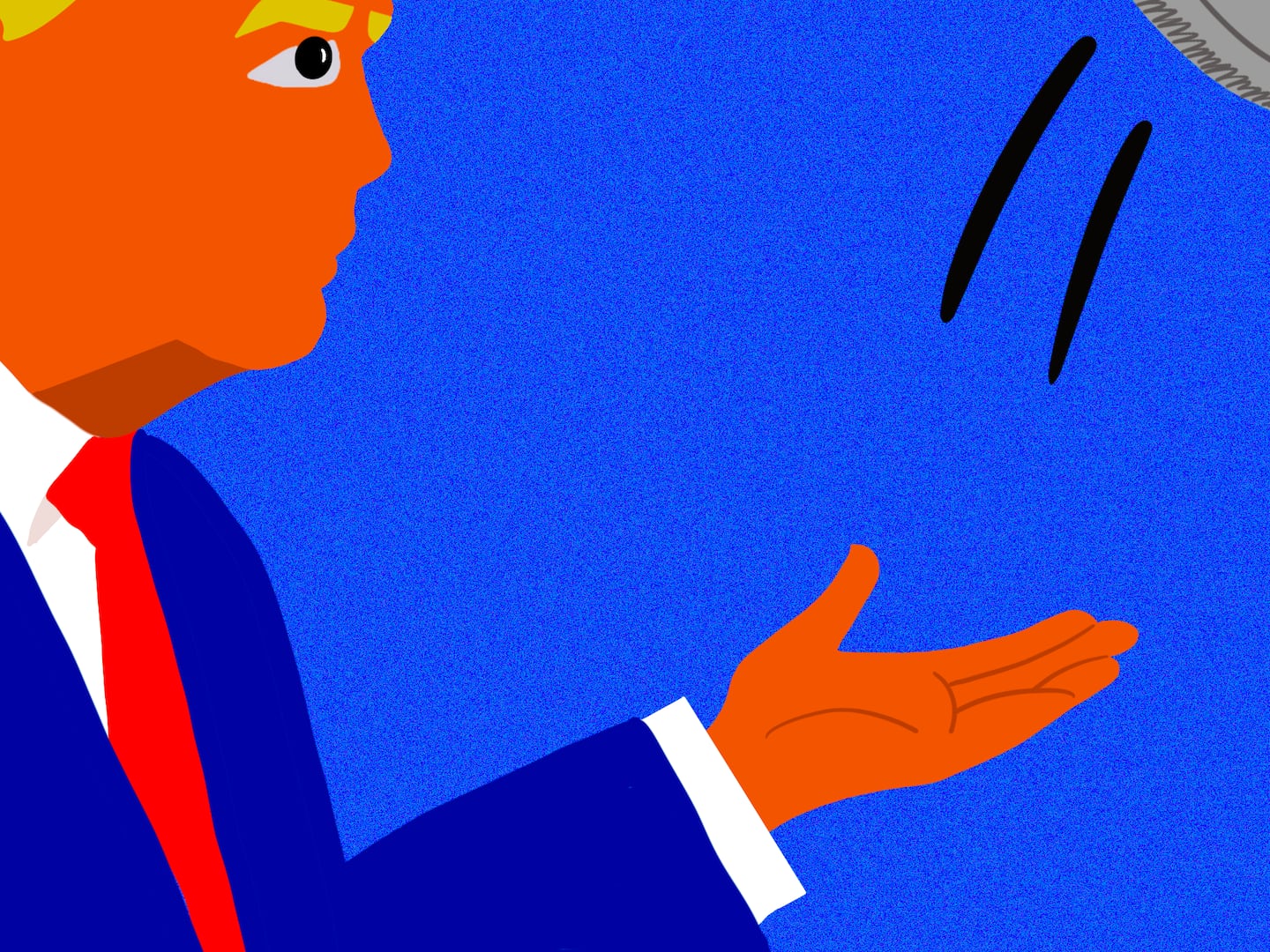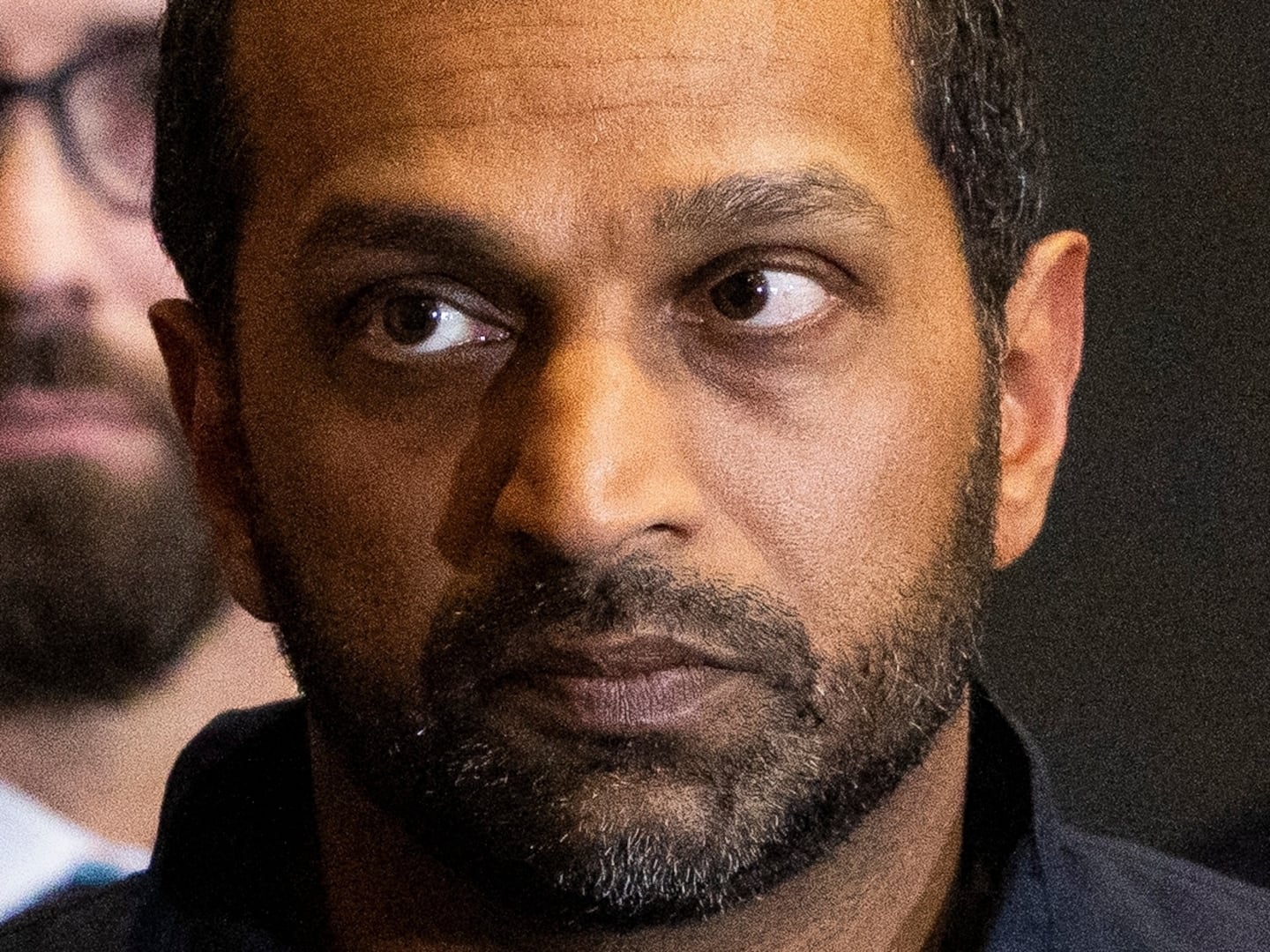
One bitterly cold Friday in late December, at the butt end of the decade of our discontent, after a week in which health-care reform was almost scuttled by a single universally despised narcissist politician, Tiger Woods’ bedroom exploits continued to, you know, damage his brand, and publishers were finally going to the mattresses to plug the leak in their dwindling revenues posed by e-books, I sat down for lunch at the Half-King, a bar-restaurant floated on the incredible revenue of a single mega-selling nonfiction title (and try doing that on e-book royalties) with the novelist Sam Lipsyte to get some perspective on (or at least some bitter laughs from) the whole sorry spectacle.
“I have no problem with people going to get an MFA to study the act of prose composition or poetry, as long as they haven’t been sold some notion that they’re guaranteed a life in the arts afterward.”
His new novel The Ask, a potent and hilarious packet of cynicism we can believe in, was just published by Farrar, Straus and Giroux and is generating loud buzz, Kirkus Reviews calling it “The author’s most ambitious work yet—a brilliant and scabrously hilarious riff on contemporary America.” It’s incredibly timely, too: What was the bailout of Wall Street and the banking industry but the biggest Ask and Answer in American history? The sad-sack saga of one Milo Burke, a failed painter working days as the least-effective arts-development officer imaginable for “an expensive and strangely obscure institution” he refers to as “the Mediocre University at New York City,” the novel is savagely Swiftian on all manner of contemporary follies, especially the cult of creativity fostered in higher education, so-called, these days. “People paid vast sums so their progeny could take hard drugs in suitable company, draw from life on their laptops, do radical things with videocameras and caulk.” We can confidently predict that, uplift-free as it is, The Ask will not be the final Oprah Book Club selection—and not simply because Milo’s full-bosomed boss Vargina was a crack baby whose first name received a strategically added consonant at the last minute. It bids fair to cement Sam’s reputation as our loser laureate, the much-needed Nathanael West equivalent for our sour literary and national moment.

You need to know that I am totally in the tank for Sam Lipsyte. I fell hard for him at an Open City reading at, incongruously enough, a cigar bar on Madison Avenue, and in my then-capacity as editor in chief of Broadway Books subsequently acquired his terrific first novel, The Subject Steve, a black-humored comedy of mortality and midlife crisis in the vein of Joseph Heller’s Something Happened. Something happened, all right: The book’s on-sale date was September 11, 2001, which was not good for either review coverage or sales. Don’t ask. So when his next novel, Home Land, hit my desk—the longest, frankest, dirtiest (oh, those leg warmers!) alumni letter ever written—I could not rally the support to publish it. Trailing a lengthening string of wtf? rejection letters around town, this fantastically nervy and accomplished book collected 22 turn-downs until Lorin Stein finally stepped up to the plate and published it as a Picador trade paperback original in 2005. It, of course, instantly became the book to be seen reading, proving I don’t know what. At one of Sam’s readings, high on the fumes of his comic brilliance, I unwisely proclaimed to a New York Observer reporter, “The publishing industry had its head up its ass”—giving him a snappy lead for his front-page article and earning me a trip to the woodshed. I could have phrased that less colorfully, but I stand by the sentiment.
Sam Lipsyte is a genial and burly presence, whose physique still shows traces of the promising high-school shot putter he was growing up in northern New Jersey in the '80s. The son of the famed New York Times sports columnist Robert Lipsyte and the late journalist and novelist Marjorie Lipsyte, he characterizes his younger self amusedly as “a little show pony writer in high school.” He would get a stack of New Yorkers, read all the fiction and proceed to produce “my teen versions of New Yorker-like stories.” He’s never actually published in the magazine, but he did manage to be named a Presidential Scholar in the Arts. As a result, “I got to go get a medal from Ronald Reagan, which was actually put on me by William Bennett, who was the Education secretary in 1986. So I sat there and Reagan gave a speech,” a tableau I find perfectly hilarious. I ask Sam if Reagan liked his stuff. “Reagan was a big fan.”
Sam then went on to attend Brown at its peak moment as an academic powerhouse in semiotics, literary theory, and high postmodern fiction, becoming as a (possibly, unintended, possibly not) result a feeder school for Madison Avenue and Hollywood, infecting American culture with the still-flourishing disease of university-sanctioned ironic self-consciousness. It also became a favored destination for Eurotrash, “a finishing school for people of a certain class... There was somebody in the student directory where it just said, ‘Princess of Greece’ and then her dorm number.” Despite taking such memorable courses as Robert Coover’s “Exemplary Ancient Fictions,” where “We’d read things like Gilgamesh and have to make some creative response to it,” Sam “sort of fell away from writing at Brown... as I progressed I was reading a lot of literary theory and it sort of dispirited me in some way. I wanted to be an author and I’m reading about the death of the author.”
However, as Sam points out, “They didn’t say ‘death of the rock band.’” He began messing around musically with some friends and ended up fronting a noise rock band winsomely named Dung Beetle. (The experience shows in his excellent command of the mike as a reader of his work.) “We did that for a few years after school, moved to New York as a band, and then sort of got into the drugs and dissipation death spiral at the end of it. “I hope you enjoyed it?” “I enjoyed it, and a lot of those friendships mean a lot to me today.”
We then have a long conversation about Sam’s teacher and mentor, the controversial Svengali of American fiction Gordon Lish, whom we both regard as a true hero of literature. “In college, I discovered [Lish’s literary magazine, now defunct] The Quarterly, and I thought, well, there is some remarkable stuff here. So I started sending my pathetic scribbling and I’d get that famous rejection letter—a piece of tiny bond paper about that big, with a three or four hundred-word printed note. It wasn’t a one-line ‘Thank you, but we’re not able to take this at this time’ sort of note. It was an exhortation to keep writing and an acknowledgement of what it took to put a story in an envelope and send it off into the world. And then he’d often write a little encouraging note by hand at the bottom.”
Eventually Sam had a couple of stories published in The Quarterly, and in 1995 he joined Lish’s famed pressure cooker writing class. It was a tough time for him financially and emotionally, as he had to nurse his dying mother, and the class became a transfiguring experience. “I had no real writer’s ego. It had been a long time since I’d shaken William Bennett’s enormous hand, and so I felt ready to, you know, just listen for a while. It was the most formative experience. The final lesson was that you’d have to go become the writer you’re going to become. If you get stuck following somebody else’s rules, you’re in trouble.”
I make the observation that Lish’s influence can been seen in Sam’s obvious concentration on the crafting of his sentences and his single-minded focus on style, a quality less prevalent in the work of younger American writers than it should be. (Savor the perfectly pitched ear required to turn a simple phrase like “a dumpling, some knurled pouch of gristle.”) Sam replies that “Gordon said many things that I will never forget, but the one thing that I always think about is that he said once, ‘There is no getting to the good part. It all has to be the good part.’ And so I think that when people are writing their novels they are just thinking about the story, about what has to happen so their character can get to Cleveland. And they are just typing; they don’t care about the sentences. And what are we here for if not the sentences.”
Sam now teaches in the undergraduate creative-writing program at Columbia University, and he is finding that not only are his students receptive to this Lishian message, a lot of them are even obsessed with his career and what he was publishing and teaching. Which then brings up the possibly ticklish point that The Ask is, quite clearly, a satire of the attempt to mass-produce creativity in the academy: the proposition that any tuition-paying student has a novel or a play or a painting or at the very least a performance piece in them. Sam addressed the issue head-on: “I would be an incredible hypocrite if I thought that the notion of teaching the creative or the imaginative arts in the university is false. What I think the book is, is a critique of presenting it from a careerist perspective. Lining it up next to a law school where if you get out you’ll probably find a job as a lawyer. If you get out of medical school, you’ll probably find some way to work. But to falsely present an MFA program as a safe sort of thing is the danger. I have no problem with people going to get an MFA to study the act of prose composition or poetry, as long as they haven’t been sold some notion that they’re guaranteed a life in the arts afterward. I think that’s behind Milo’s anger, he feels that he was.”
I bring up the counterexample of the legendary Black Mountain arts college of the '50s, the highest ideal imaginable of the modern creative community, and Sam eagerly assents. “It’s very important that there are these gathering places for instruction and mentorship in this stuff. We want that. It’s just when these things become machines that it’s a problem.” But as Sam adds, “I think it's wonderful for people to pursue real artistic practice at both the undergraduate and graduate level, and it's especially meaningful if leads them to making art their whole lives. You just have to understand that you might write a great novel and publish it and even receive the praise you deserve, but it's not necessarily going to deliver you from economic struggle. When people are clear about the goals, I love teaching and am thrilled to engage with the work of the writers in my classes.”
As we finish our coffees, I observe that The Ask is not simply a novel of disappointment in sustaining a creative career, it touches on perceived failures in marriage and in fatherhood and in friendship, and even, in the figure of a bitter Iraq War veteran and in the book’s mantra “We’re the bitches of the First World,” on our national decline. “We seem to be shitting the bed a little bit,” Sam replies with characteristic pungency. And in a period of financial turmoil and shortfalls, the Asks are rapidly multiplying and vastly outnumber the actual Gives and the Gets—a situation likely to persist for the foreseeable future. I express my bemusement that my university was pestering me for a while to contribute to a $4 billion capital fund (now that is some Ask!), to which I could only say, “You have the wrong guy. Sandy Weill’s thataway.” Sam responds, “I get calls from Brown and I say, ‘I can’t give you any money.’ And they say, ‘Didn’t you like your experience at Brown?’ And I say, ‘I loved it, it gave me the false sense that I could really make it on art alone. That’s why I can’t give you any money.” The perfect exit line to launch us into the frigid New York afternoon and a pinched and scary new decade.
Plus: Check out Book Beast, for more news on hot titles and authors and excerpts from the latest books.
Correction: This article originally misstated that Sam Lipsyte’s novel Home Land was published as a trade paperback original in 2005. It has been updated to 2005.
Gerald Howard is a book editor in New York.






